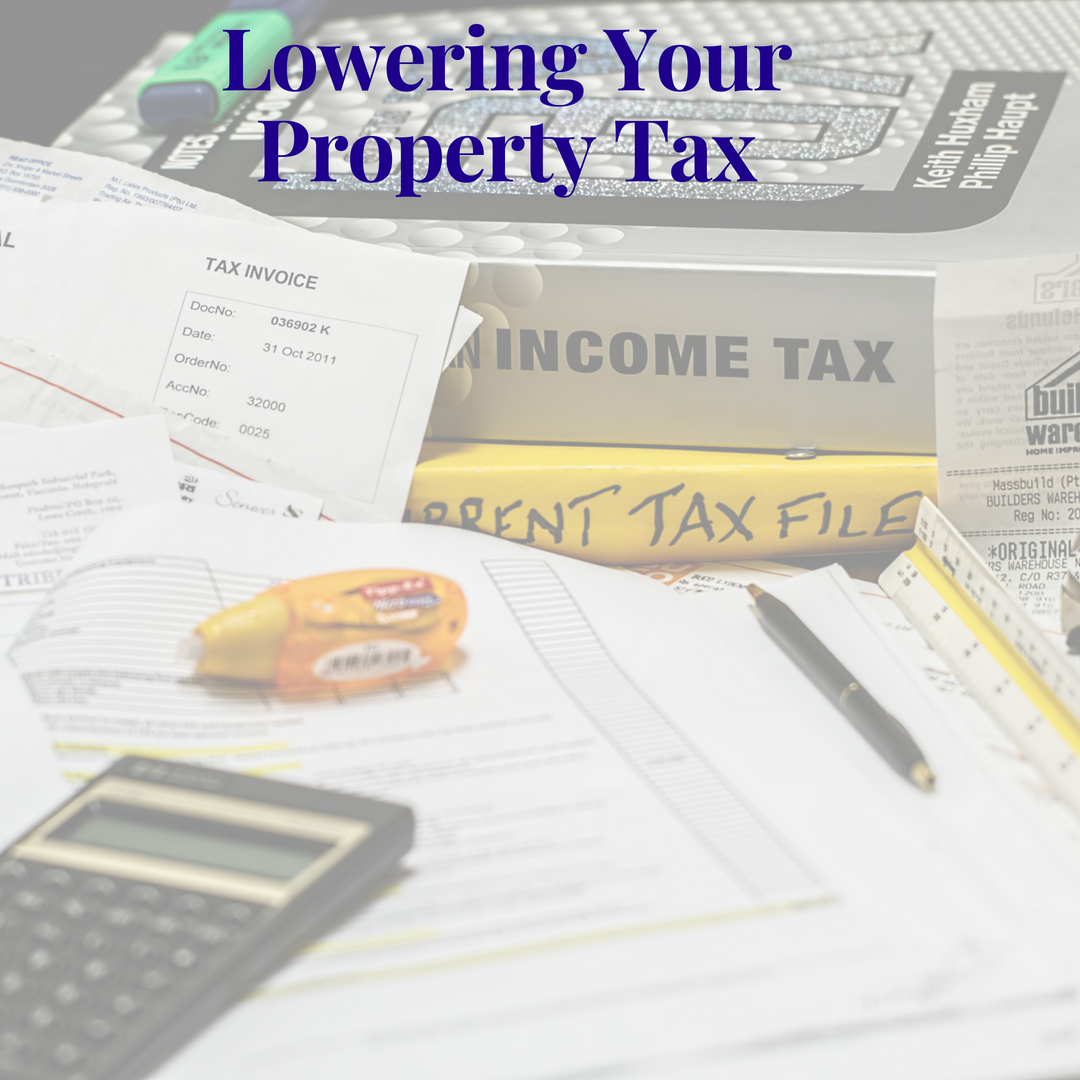 Did you know that Up to 60 percent of the property in the United States could be overtaxed?
Did you know that Up to 60 percent of the property in the United States could be overtaxed?
A recent article in RealSimple Magazine outlines 4 steps to appeal your property taxes. Did you recieve our tips last year on how to appeal your taxes in Dekalb and Fulton counties? If not, click here to subscribe to our monthly newsletter, where you will receive money saving home tips, county information, and more!
From RealSimple Mag:
Step 1: Visit your local assessor. Your tax bill should give the office’s location. (Typically it’s in a town or county building.) Inquire in advance about which forms you must fill out and when the deadline for filing is. (You usually have 60 days or less from the time your annual assessment was mailed to lodge an appeal.) While there, get a copy of your property card, which contains information about your house, like square footage and the number of bedrooms and bathrooms, that the assessor uses to determine its value.
Step 2: Check the property card for mistakes. Look for math errors (property taxes are generally based on a percentage of a property’s value, multiplied by a tax rate set by the local government); clerical errors, such as how your property is classified (commercial vs. residential); and inaccurate descriptions that indicate your home is worth more than it is (a mention of a nonexistent porch, say). Catching such simple mistakes may lead to a reduced assessment.
Step 3: Compare your home’s value with that of others in the neighborhood. This public information can be found at your local municipality or online at valueappeal.com or domania.com. Look up homes that are close to yours in terms of location, age, size, and amenities, then note their appraisals. “If your home is valued at least 5 percent higher than houses comparable to yours, you have a case,” says Jim Lumley, the author ofChallenge Your Taxes (John Wiley & Sons, $25, amazon.com).
Step 4: File an appeal. While the rules for appeals vary from one state to the next, most require you to submit a written statement to a county board explaining why the evaluation is inaccurate. You must support this claim with hard evidence: property cards, other house valuations, and even photos can be useful when comparing your home with others. And be sure to mention your home’s flaws (a leaky roof, termite damage). Those problems might save you enough cash that you’ll be able to afford to fix them.




